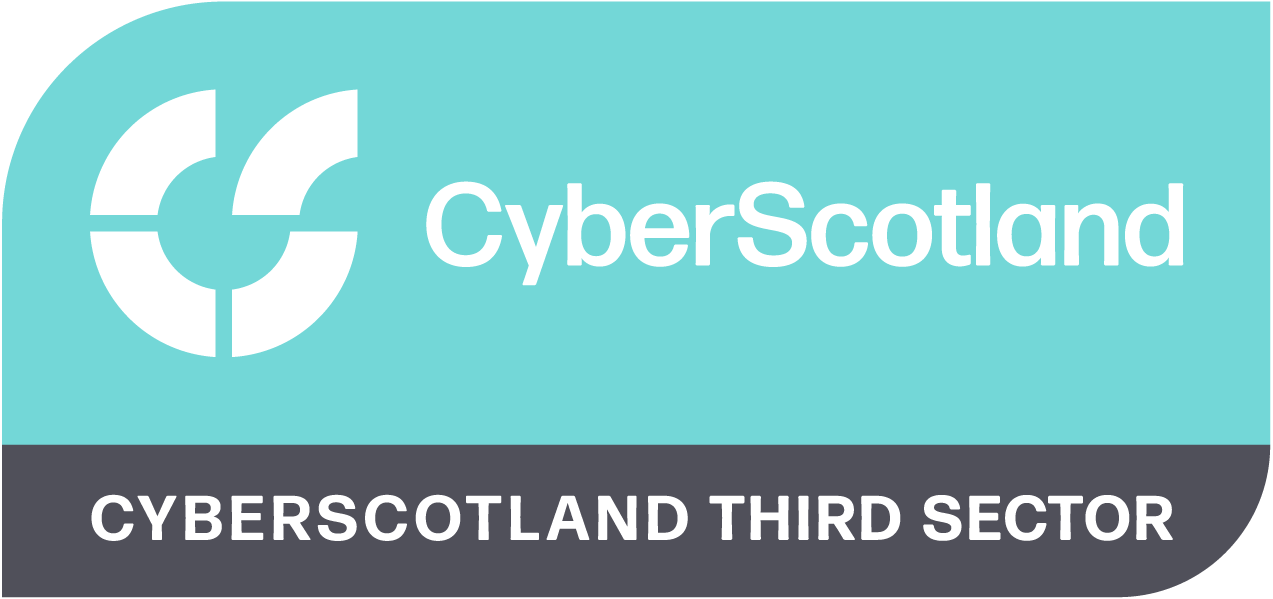Cyber resilience
SCVO have a Third Sector Cyber Resilience Co-ordinator, who works closely with Scottish Government through the CyberScotland partnership, to support Scotland’s third sector in their journey to becoming more cyber resilient.

They are guided by a working group, made up of a range of people from across the sector, who shape and guide a programme of work to help voluntary organisations:
- prioritise cyber risk
- protect against most common threats
- prepare for cyber incidents
If you notice something suspicious, don’t panic - contact your IT owner and/or report an incident. Scottish charities must also report cyber crime to OSCR via raise a concern form.
CyberScotland partnership
The CyberScotland partnership brings together partners from all sectors across Scotland to boost cyber resilience. Here you can find general guidance on staying safe online at home as well as information specifically for the third sector.

Make space on agenda
Your board should be thinking about cyber risk as part of overall business risk - seek support and keep up-to-date with quarterly bulletins.
Preparation is key
Leaders can reduce the stress and risk of a cyber attack with a tested response plan, helping ensure everyone knows what to do in advance.
Get switched on
We all play a role in preventing cyber incidents - learn to spot risks and act accordingly with SCVO's cyber awareness campaign.
Take steps to protect
Leaders need to protect their organisation from common threats, seek support on simple, or additional, steps to make a big impact.
Available support
SCVO Cyber Co-ordinator
Offering free advice and guidance to help your organisation stay safe online
CybAid
Connecting pro-bono cyber professionals with charities and small businesses
Digital Trustees
Initiative matchmaking digital professionals with organisations looking for board members
Cyber Incident Response Helpline
Free support helpline for organisations impacted by a cyber attack
Cyber Security Providers
Directory of providers based in Scotland for organisations seeking cyber security services
CxB
Not-for-profit equipping board members for effective cyber governance
Cyber Security Products
Charity Digital’s catalogue of discounted security products for third sector organisations
Cyber Advisors
Cost-effective cyber security advice to help organisations protect themselves from common threats
Cyber catalyst network
Become a cyber catalyst and you can:
- Connect with other people in the voluntary sector who are interested in keeping organisations safe online
- Receive monthly summaries of the latest cyber initiatives and upcoming events
- Contribute to plans for future cyber resilience initiatives
- Help raise the profile of cyber resilience, sharing insights and best practice with your networks




